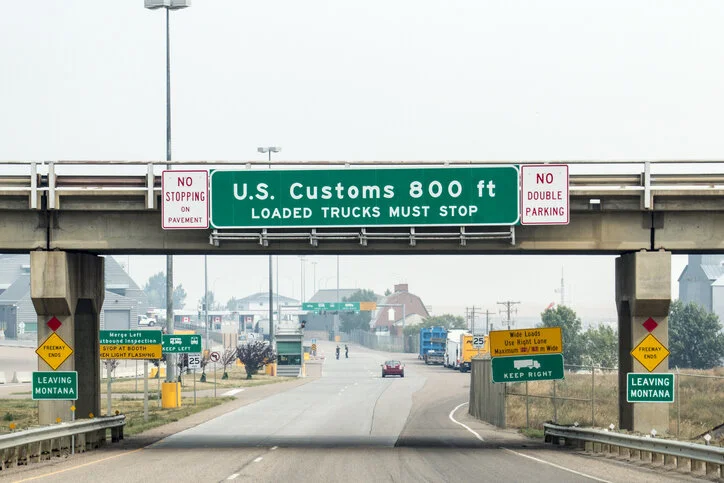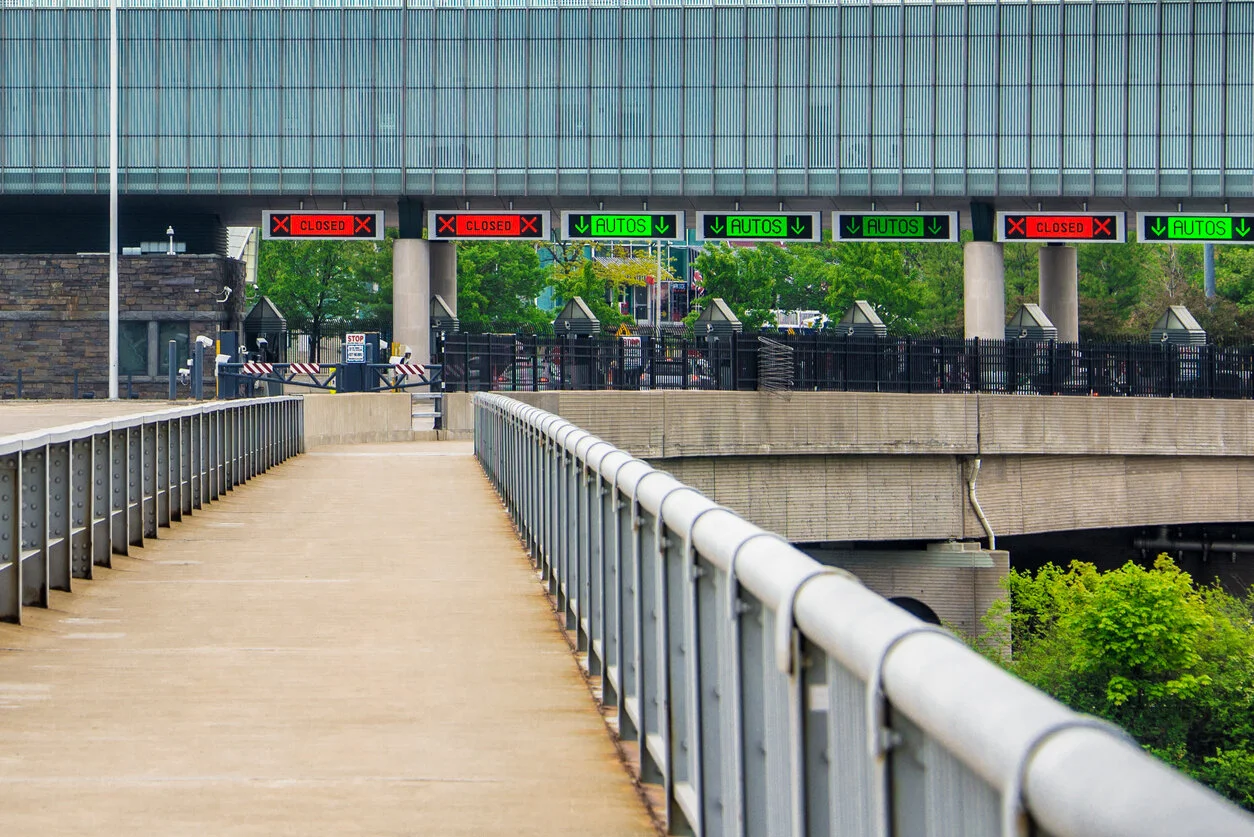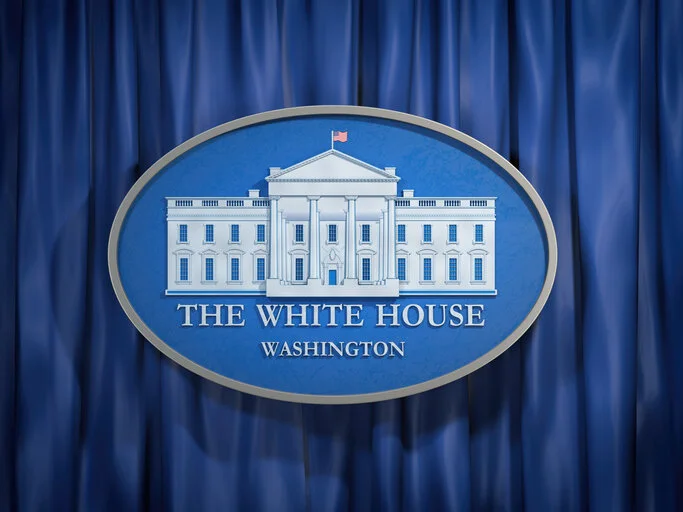The Department of Homeland Security has announced that it will continue to limit “non-essential travel” at its land borders with both Canada and Mexico for an additional 30 days through October 21, 2020.
Read MoreThe Department of Homeland Security has announced that it will continue to limit “non-essential travel” at its land borders with both Canada and Mexico for an additional 30 days through September 21, 2020. Travel for recreation or tourism is considered “non-essential.” Essential services related to the movement of food, fuel, healthcare and life-saving medicines will continue.
Read MoreThe Department of Homeland Security has announced that it will continue to limit “non-essential travel” at its land borders with both Canada and Mexico for an additional 30 days through August 20, 2020. Travel for recreation or tourism is considered “non-essential.” Essential services related to the movement of food, fuel, healthcare and life-saving medicines will continue.
Read MorePresident Trump just released a Proclamation, suspending the admission of foreign national workers on H-1B, H-2B, J and L visas and their accompanying dependents through December 31, 2020, in response to high U.S. unemployment. The Proclamation also extends the suspension of immigrant visas further to his April 22 Proclamation through the end of 2020. This Proclamation will take effect on Wednesday, June 24, 2020.
Read MoreThe Department of Homeland Security has announced that it will continue to limit “non-essential travel” at its land borders with both Canada and Mexico for an additional 30 days until July 21, 2020. Travel for recreation or tourism is considered “non-essential.” Essential services related to the movement of food, fuel, healthcare and life-saving medicines will continue.
Read MoreEarlier this week, a federal court ruled that reasonable suspicion is required for Customs and Border Patrol (“CBP”) agents as well as Immigration and Customs Enforcement agents to search international travelers’ electronic devices at airports and other ports of entry into the United States.
Read More





